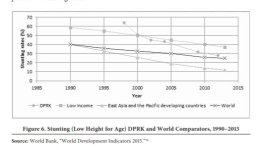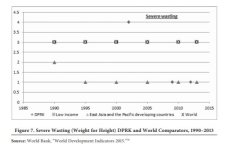Kim says she didn't realize that once she signed papers renouncing her North Korean citizenship she could never go home.
"I told them that I didn't know this so I wanted to escape. But the broker took away my passport from me and refused to give it back," she says.
"Other defectors who were with me said if I go out and get caught they too will be handed over to China's Public Security and their life will be in jeopardy. Because I didn't have a passport, I had to follow them and I ended up in South Korea."
Kim says that, at the time, she didn't even know what a North Korean defector was.
As soon as she arrived in South Korea, Kim began demanding to go home to the North.
For South Korea, it's not that easy. It has a protocol to bring defectors in, but it is illegal for them to return.
And in order to be released from a South Korean processing center, Kim says she had to sign document renouncing communism and agreeing to follow the laws of the South. By doing so, she became a South Korean citizen.
Kim says she's tried to find a smuggler, made repeated calls to the North Korean consulate in Shenyang, -- and then took a desperate measure she now calls "foolish."
She says she pretended to be a North Korean spy in order to be deported. But South Korea doesn't deport spies, they imprison them.
So after turning herself into the police, Kim was sentenced to two years for passport fraud and espionage. Her sentence was suspended in April and she is now out on parole and under close watch. Her status as a convicted criminal makes travel out of South Korea legally impossible.
She told CNN: "There is nothing else for me to say but I am sorry. I didn't even imagine that I would create such a huge problem.
"The wrong choice that I made, my choice of wanting to earn money for my treatment, led to the worst situation in my life. I am regretting with my heart and I am so sorry that I've brought such suffering to my aging parents and husband and my daughter."
Kim says she is now stuck in South Korea with no more options, working as a machine operator at a recycling plant.
"I am living in Daegu and I am going through a regular treatment in a hospital there," she says.
Although her health has improved, Kim says the mental anguish is unbearable. Her arms bear the scars of multiple suicide attempts.



